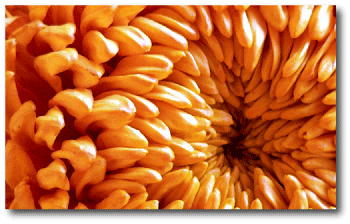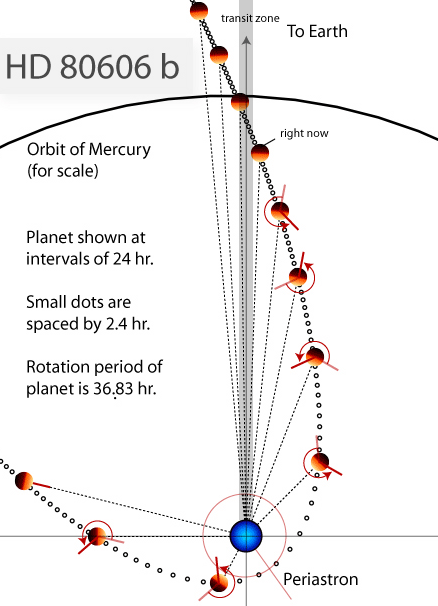
Image Source.
No word yet on whether anyone flew down to Tahiti last Monday to observe GJ 674.
For Northern Hemisphere observers who want some action closer to home, there’s a cool opportunity to check HD 80606b for transits starting essentially right now.
HD 80606b is a favorite here at oklo.org (see e.g. here). The planet went through periastron passage last week, and is now just on the verge of inferior conjunction with the Earth. The a-priori geometric odds of observing a transit are 1.6%. In 2005, transitsearch.org ran a campaign on the star, and while some useful photometry was obtained, the entire transit window was not covered. If HD 80606b happens to show central transits, then the duration of the event will be ~18 hours and the photometric depth will be ~1.4%. At any one location on Earth, one would be able to observe only the ingress or the egress.

The best fit to the published radial velocity data indicates a mid-transit time of 11:07 April 17, 2007 UT. This midpoint is uncertain by roughly half a day, which means that observations starting now and ending on April 18th will be useful.

Got some decent measurements of HD 80606 during the possible transit period ( solid negative). Who is assembling the data to rule out a transit?
Hi Don,
Good news that you got photometry! If you e-mail me the data (laughlin at sign ucolick dot and then the three letters o, r and g) I’ll keep a running assembly here at oklo.
Here’s a histogram showing the distribution of central transit times for the April 17th event (computed with a bootstrap method). The horizontal bar shows the duration of a central transit:
best,
Greg
Pingback: systemic - Vorticity